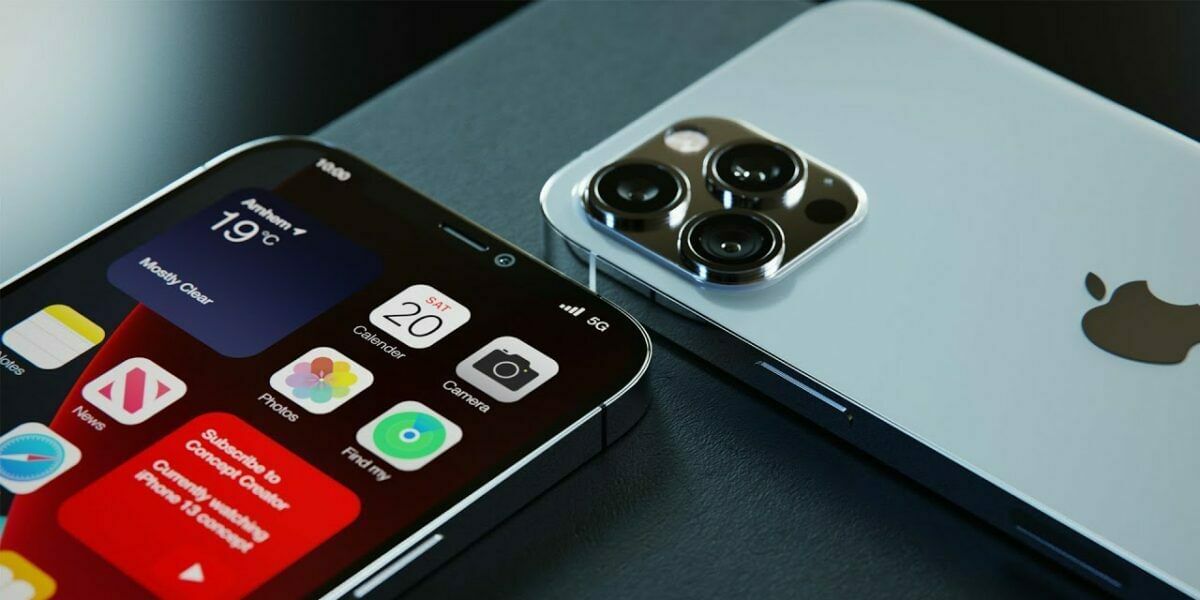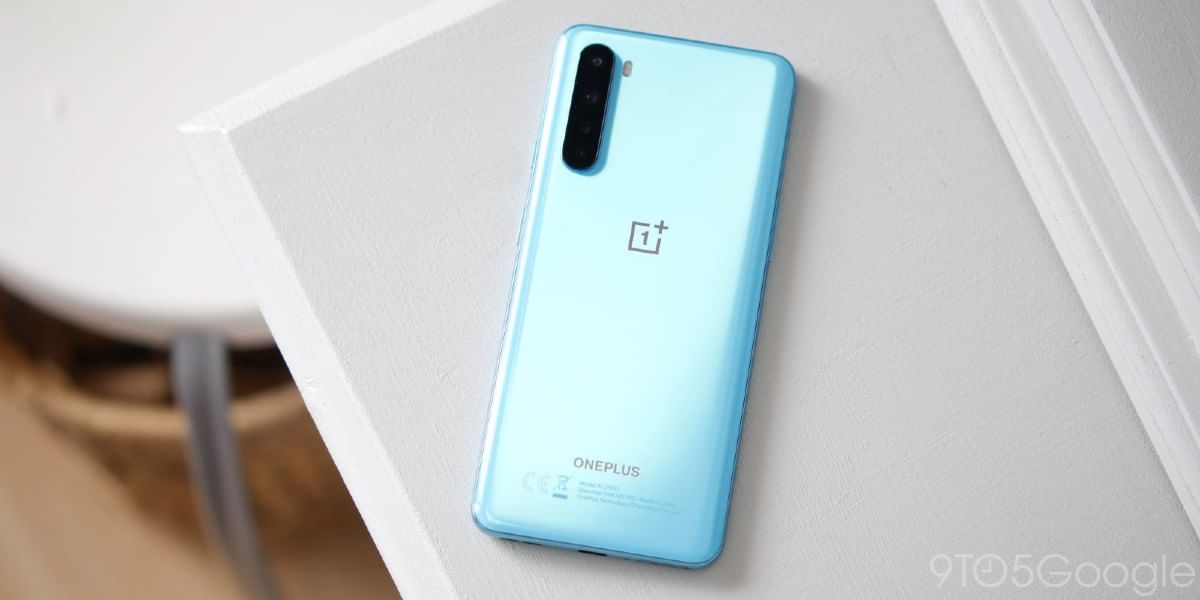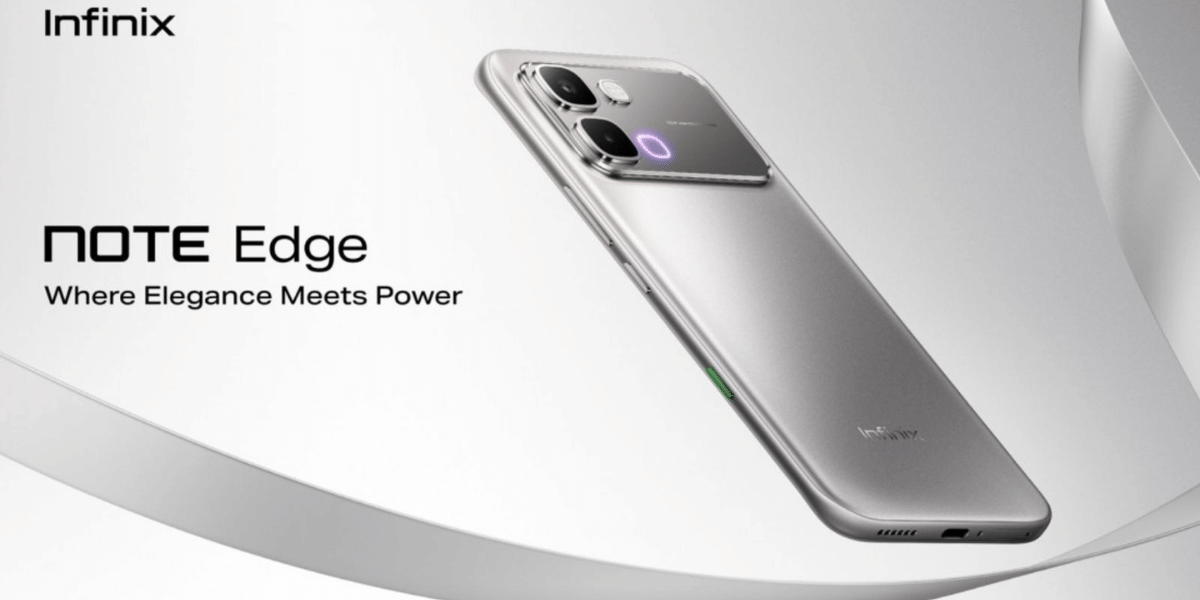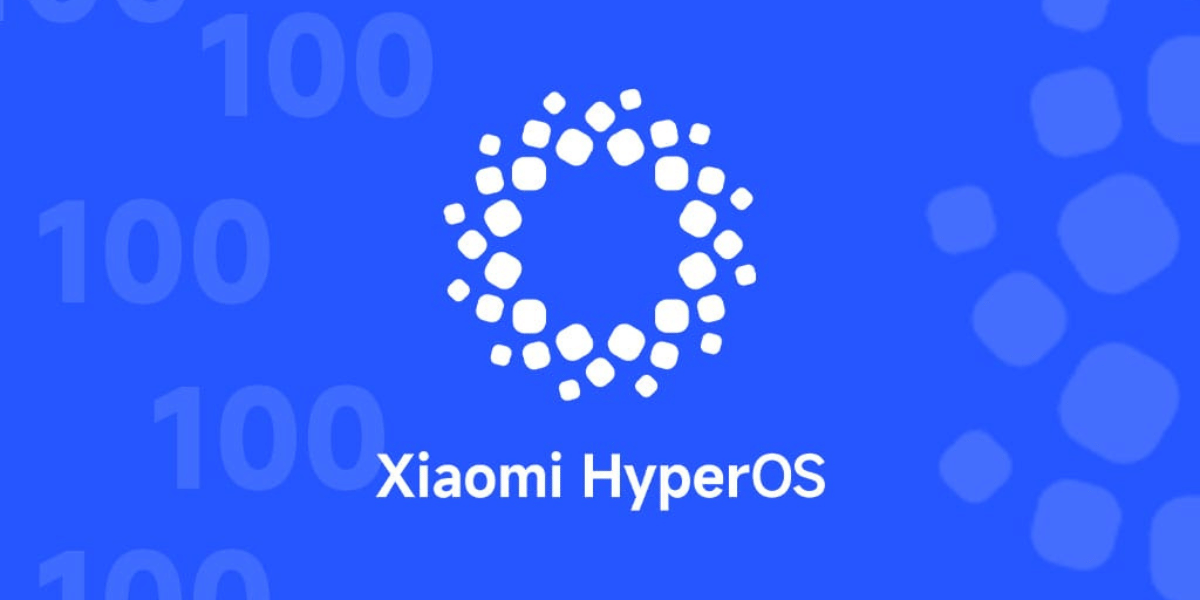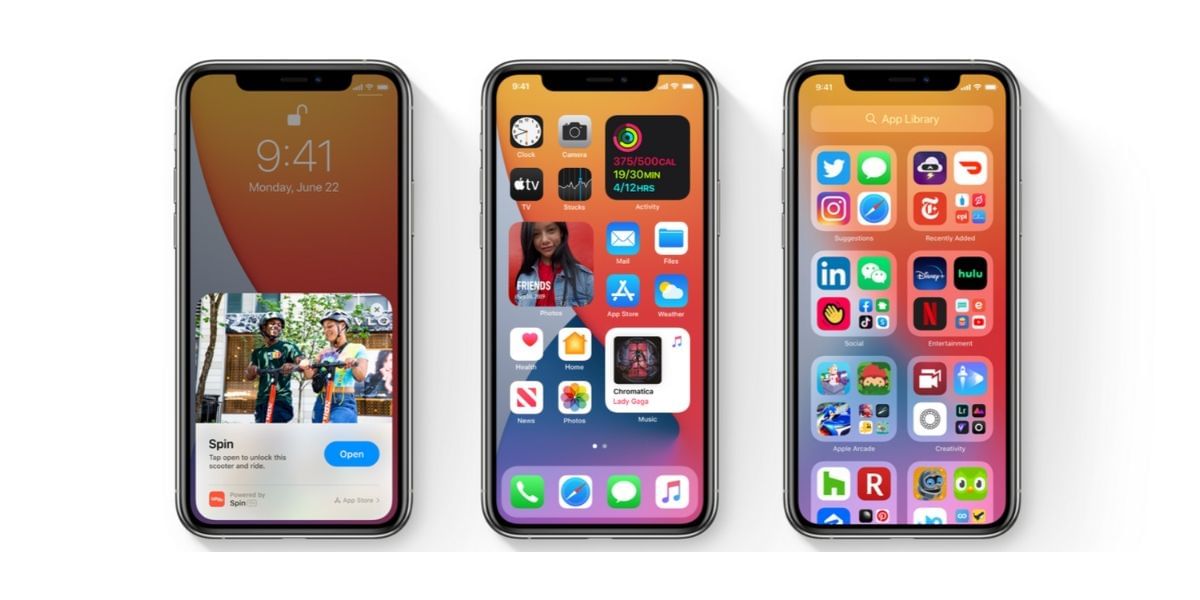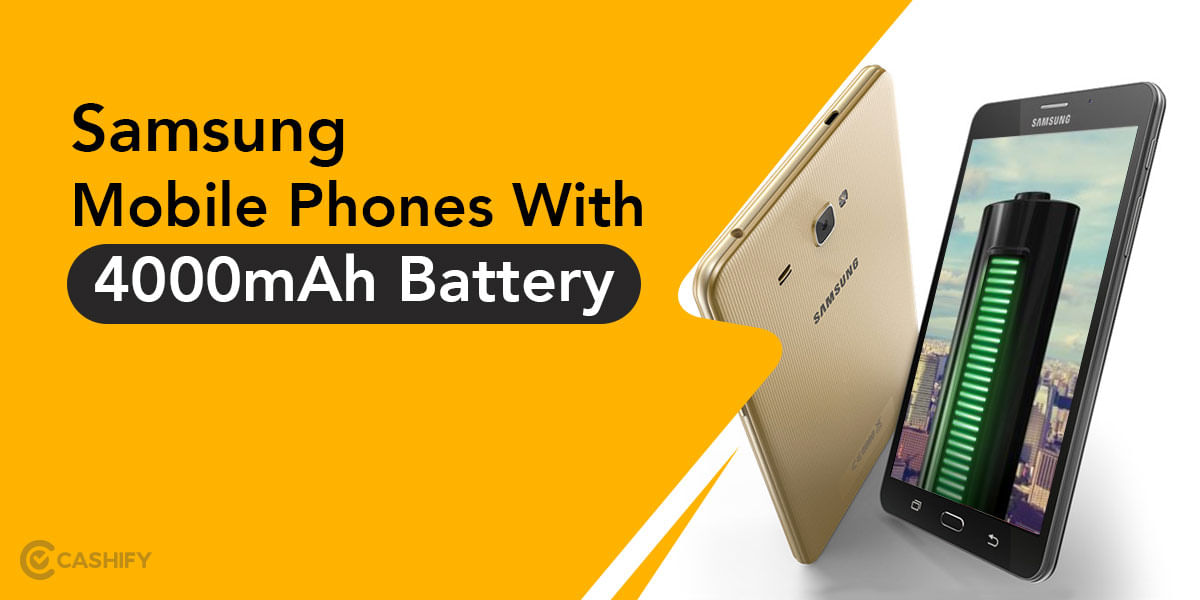Flagship offerings OnePlus 9 series are facing an accusation of manipulation in Geekbench testing. Both the vanilla and Pro variant are delisting from Geekbench after reports of tweaking in CPU and GPU performance. To recall, both of these features the range-topping chipset from Qualcomm, the Snapdragon 888. However, a fresh report claims that OnePlus is blacklisting few specific apps to slow down workloads. Whereas, it is offering full performance access to other apps, including benchmarking apps.
Also read: Mi 11 Ultra ‘Limited Quantity’ Sale Starts on July 7
For better understanding, the OnePlus 9 series are running at full speeds only in benchmark apps. However, it is not the same for other apps. This in turn leads to manipulation of benchmark scores. Considering this whole debacle, Geekbench has banned the duo from its platform.
OnePlus 9 series offering full potential only to benchmarking sites?
AnandTech discovered discrepancies in in-app performances on the Pro model while reviewing the unit. During the benchmarks, he found a strange issue with the device. He ran a browser-based benchmark test called Speedometer 2 – where it scores 61.5. However, this is significantly lower than that of other smartphones with the same chipset. This compels them to run more tests to test their theory on this OnePlus 9 series.
Also read: Dizo Star 300 and Dizo Star 500 Launched as Feature Phones
According to his further tests, they noticed that few apps were deliberately kept away from the phone’s fastest core. This is causing a slowdown in typical workload, including Web browsing. Apparently, this is because of OnePlus’ performance-limiting mechanism detects apps like Chrome, Twitter, and more (anything popular on the Play Store). It also includes the whole of Google’s app suite, all of Microsoft’s Office apps, all popular social media apps, and any popular browser such as Firefox, Samsung Internet, or Microsoft Edge.
Also read: OnePlus Pad in the Works? Trademark Spotted on EUIPO Website
Meanwhile, the limiting mechanism did not detect benchmarking apps, few popular games, and less popular alternatives to categories. Apparently, the OnePlus 9 series – Pro variant wasn’t using the Cortex-X1 core for this benchmark. Instead, the task was managed by the three Cortex-A78 cores.
To understand it better, AnandTech ran a popular benchmarking app called Vivaldi on the device. In this test, Pro used the Cortex-X1 core and delivered a score of 107 points – which is normal. However, when they ran the test again, the phone did not use the Cortex-X1 core. Instead, the phone used the Cortex-A78 cores. In addition, these cores run at 2.0GHz instead of their maximum frequency of 2.41GHz.
Also read: iPhone 13 Battery Can Come with Faster Wireless Charging Compared to iPhone 12
So the question stands why are they limiting the OnePlus 9 series performance on popular apps?
Well, if OnePlus limits the performance of the device in the apps that you use the most, it will be saving a huge amount of battery life. That is the only logical explanation for this issue. However, after this discovery, Geekbench has banned the OnePlus 9 and the OnePlus 9 Pro smartphones from its platform.
“It’s disappointing to see OnePlus handsets making performance decisions based on application identifiers rather than application behavior. We view this as a form of benchmark manipulation. We’ve delisted the OnePlus 9 and OnePlus 9 Pro from our Android Benchmark chart”.
Geekbench
Also read: iOS 15 Public Beta Update Now Available: Here’s How To Install
It is very much possible that AnTuTu might ban the OnePlus 9 duo as well. Just like it banned the Realme GT 5G for cheating the benchmark.


